no vent to outside - what are the best dryers?
beckyg75
13 years ago
Related Stories
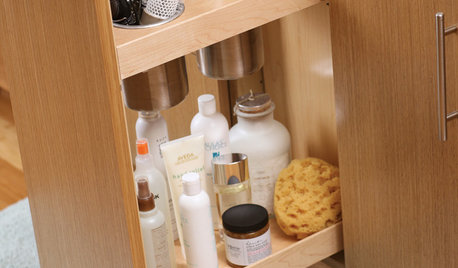
BATHROOM DESIGNPut the Kibosh on Hair Dryer Chaos
Fed up with knocked-over blowers and tangled cords? Try these tactics for keeping hair dryers and other styling tools under control
Full Story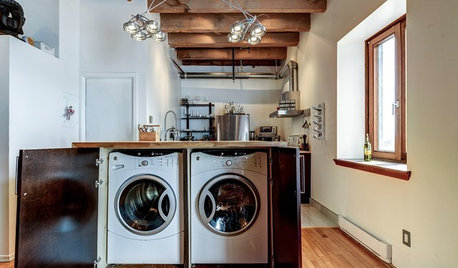
LAUNDRY ROOMSA Kitchen Laundry Cabinet Full of Surprises
A little DIY spirit allowed this homeowner to add a washer, dryer, kitchen countertop and dining table all in one
Full Story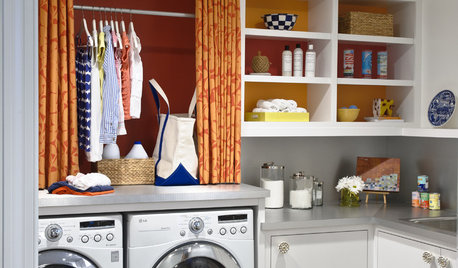
REMODELING GUIDESContractor Tips: Advice for Laundry Room Design
Thinking ahead when installing or moving a washer and dryer can prevent frustration and damage down the road
Full Story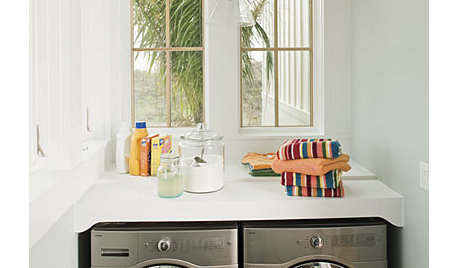
LAUNDRY ROOMSLaundry Makes a Clean Break With Its Own Room
Laundry rooms are often a luxury nowadays, but a washer-dryer nook in a kitchen, office or hallway will help you sort things out
Full Story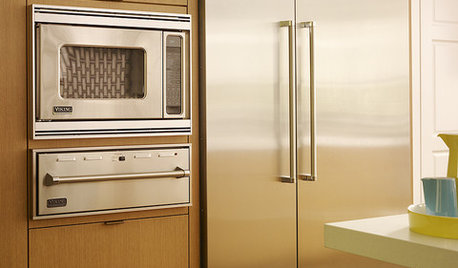
KITCHEN DESIGNA Cook’s 6 Tips for Buying Kitchen Appliances
An avid home chef answers tricky questions about choosing the right oven, stovetop, vent hood and more
Full Story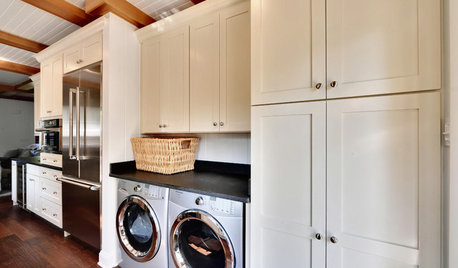
KITCHEN DESIGNRenovation Detail: The Kitchen Laundry Room
Do your whites while dishing up dinner — a washer and dryer in the kitchen or pantry make quick work of laundry
Full Story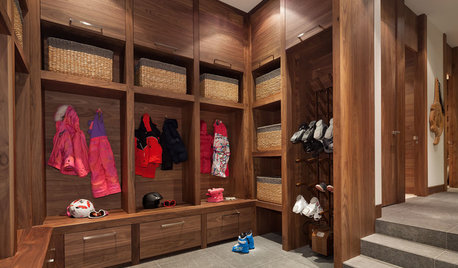
MUDROOMS4 High-Performing Mudroom Ideas
Looking for entryway ideas with plenty of storage? Here’s how to make hooks, cubbies and drawers look great
Full Story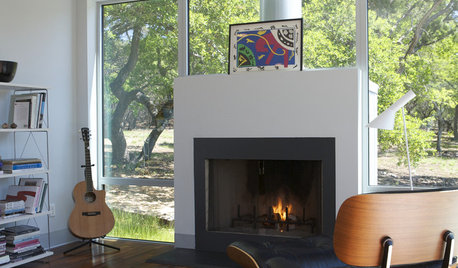
REMODELING GUIDESModern Metal Fireplaces Open World of Possibilities
Allowing way more natural light than traditional fireplaces, and with some not even needing a vent, metal fireplaces are a major improvement
Full Story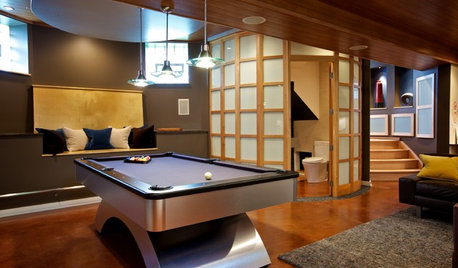
BASEMENTSTricky Basement Bathroom? Cool Design Opportunity!
Have some fun with your bathroom design while getting all the venting, privacy and storage you need
Full Story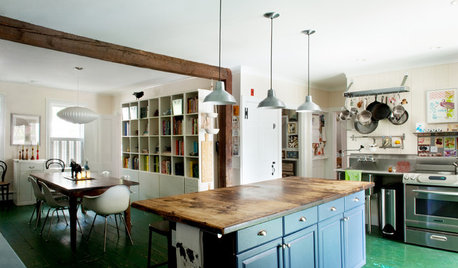
HOUZZ TOURSHouzz Tour: Traditional on the Outside, Quirk Appeal Inside
Skulls sprinkled throughout, an abundance of art and a bedroom chalkboard surprise behind a demure exterior near Boston
Full StoryMore Discussions


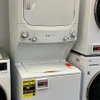


lee676
beckyg75Original Author
Related Professionals
Barrington Hills Kitchen & Bathroom Designers · Gainesville Kitchen & Bathroom Designers · Palm Harbor Kitchen & Bathroom Designers · Spokane Kitchen & Bathroom Remodelers · Marco Island Cabinets & Cabinetry · Potomac Cabinets & Cabinetry · Riverside Custom Closet Designers · Freeport Flooring Contractors · Greenville Flooring Contractors · Iowa City Flooring Contractors · Lynbrook Flooring Contractors · Wheat Ridge Flooring Contractors · Woodstock Flooring Contractors · University Park Flooring Contractors · Cocoa Flooring Contractorslee676
beckyg75Original Author